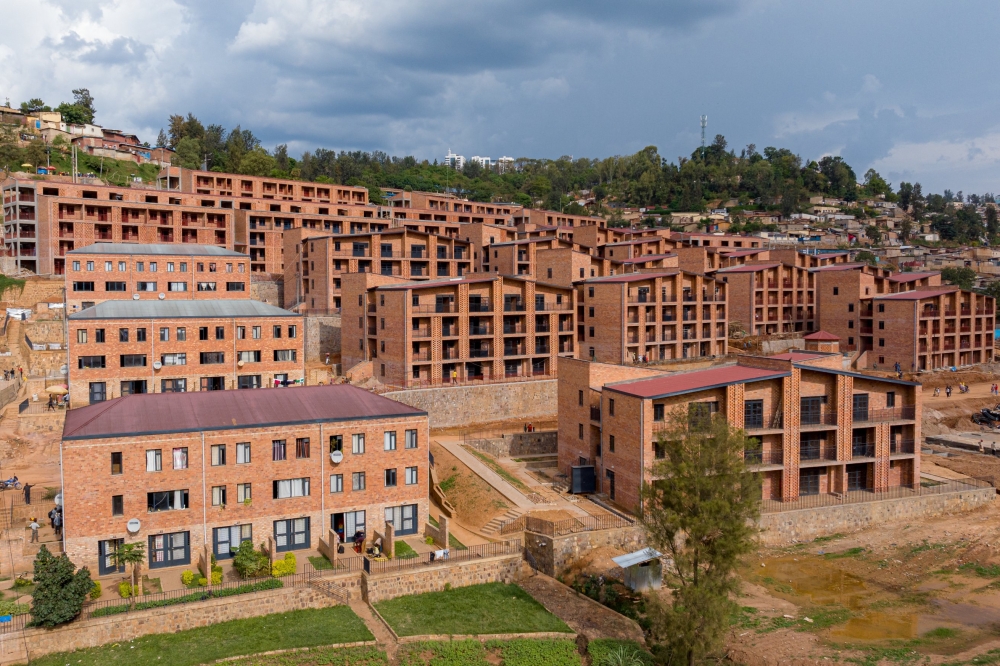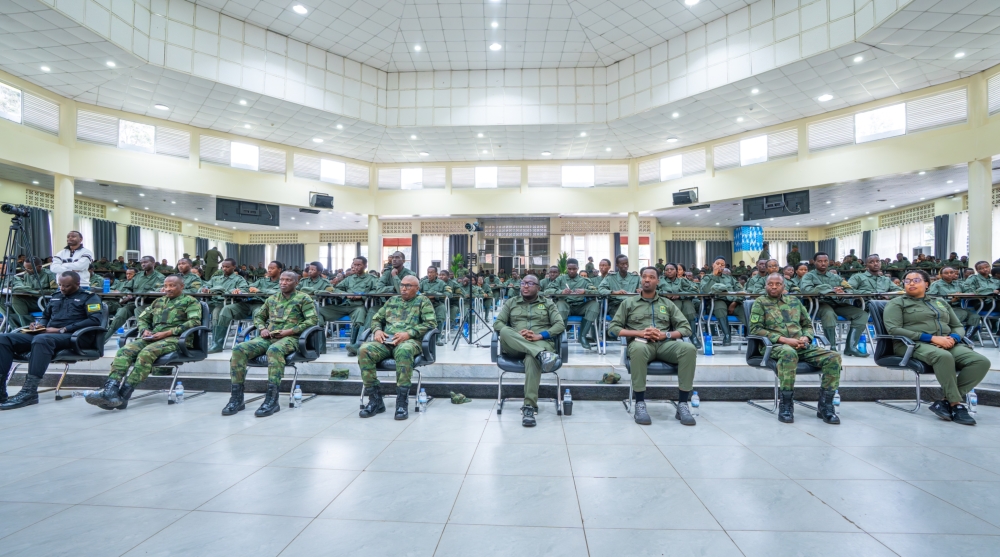For the last two decades, as Rwanda was sailing through uncharted waters after the Genocide, the media in the country was also pursuing a similar journey; that of rebuilding from scratch. While one can say that the government has mastered the choppy waters and is now docking in bigger and better ports, the same, unfortunately, cannot be said of the media. It is still trying to find its bearings. The media will only succeed in its quest if everyone participating in the journey mans their posts diligently and pull their weight.

For the last two decades, as Rwanda was sailing through uncharted waters after the Genocide, the media in the country was also pursuing a similar journey; that of rebuilding from scratch.
While one can say that the government has mastered the choppy waters and is now docking in bigger and better ports, the same, unfortunately, cannot be said of the media. It is still trying to find its bearings.
The media will only succeed in its quest if everyone participating in the journey mans their posts diligently and pull their weight.
The question of getting ample and timely information from state institutions is still the stumbling block. This should not even be a subject of debate ever since the Access to Information Law was signed in March 2013.
But loose ends still need to be tied before the law becomes effective, such as state service providers failing to designate persons to handle and process the information required. It is puzzling that by last month, less than a third had fulfilled the requirement.
The media’s livelihood depends on news, but stale news is not part of the menu. It does not make sense when public bodies refuse or delay information (however inconsequential) and then frenetically shift into damage control mode, is not good communication.
It even becomes worse when the rebuttal comes in too late, sometimes even a fortnight or so after. That is bad mathematics; the probability of mending the damage dwindles every second.






